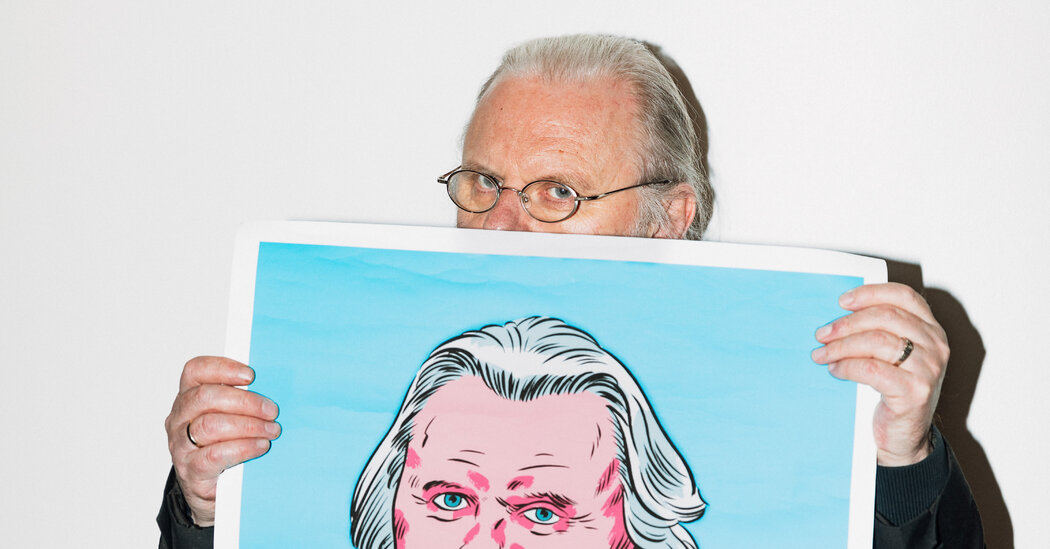Milo Rau, one of Europe’s most acclaimed theater directors, said that in the early 2000s, the theater world in some parts of Europe was gripped by “Fosse hype.” “The theater scene was overwhelmed by his spirituality, minimalism, seriousness, melancholy,” Rau said. Fosse’s plays “felt completely new and out of time,” he added.
Fosse said he drank to cope with the demands of a globe-trotting theatrical life, and the alcohol eventually took over. At one point in 2012, he said, he was drinking a bottle of vodka a day, and barely eating. He collapsed with alcohol poisoning and had to spend several weeks in a hospital.
As a son drove him home from that enforced convalescence, Fosse said, he told himself, “It’s enough, Jon,” and never drank again. Soon after, he also converted to Catholicism. Attending mass, Fosse said, “can take you out of yourself somewhere, to another place.” The feeling was similar to the one he got when writing — or drinking, he added.
A year after his collapse, Fosse began to be talked up as a Nobel Prize contender, though he did not become a laureate for another decade. By the time of the announcement, he had long completed “Septology,” the multipart novel, at points romantic, at others existential, in which the main character, Asle, a painter, looks back on experiences that are remarkably similar to some in Fosse’s life.
At one point in the doorstop of a novel, which the Nobel committee called Fosse’s “magnum opus,” Asle recalls a childhood accident in which he slips in a farmyard and slashes an artery. In the book’s repetitive style, Asle describes the incident, in which he finds himself surrounded by a “glinting shining transparent yellow dust and he’s not scared, he feels something like happiness.”
But then he stops picturing the scene. He can’t think about that moment anymore, Asle says. “It’s better to put it in my pictures as best I can.”


